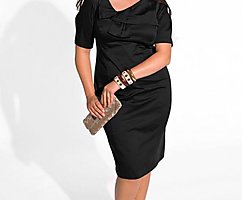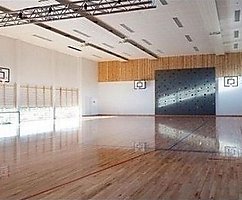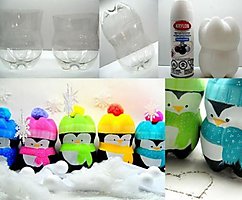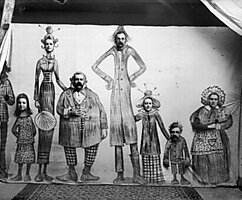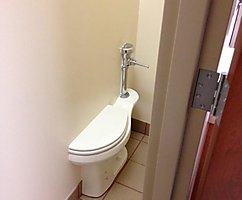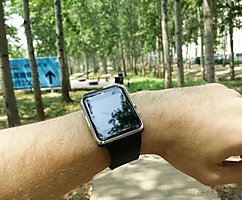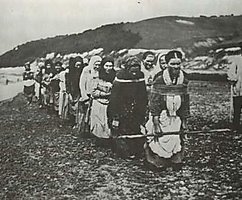All your efforts to protect themselves from germs meaningless
 Bashny.Net
Bashny.Net
Invisible vragiSmyvat the water in the toilet foot, hold their breath after someone sneezed - Site explains why all this is useless.
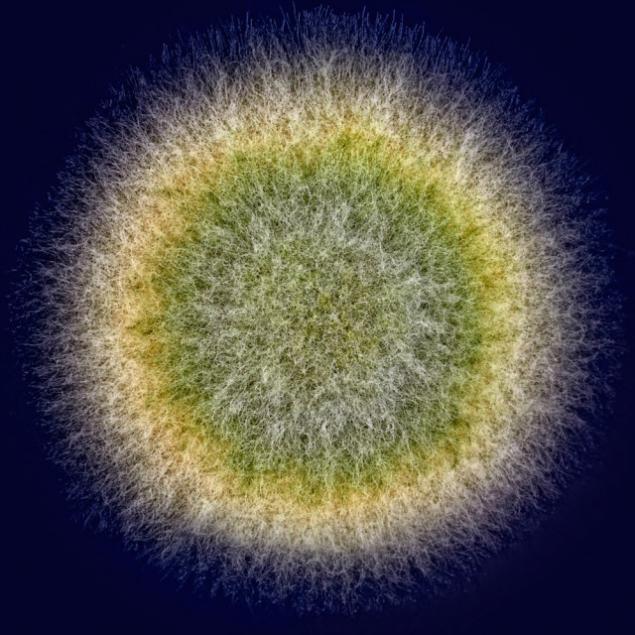
Within 18 months geneticist Christopher Mason and his team at Weill Cornell Medical College collected samples with handrails, terminals and turnstiles seats around the New York City subway to show invisible ecosystem comprising more than 15 000 different species of microbes. Disgusting, right?
Fortunately, the study also showed that an overwhelming number of bacteria found in the subway, safe or even beneficial to humans. These "good" bacteria can come from food, eliminate toxins from the environment, or to displace pathogens that fall on different surfaces. "This means that a large variety of bacterial, perhaps even beneficial", - says Mason.
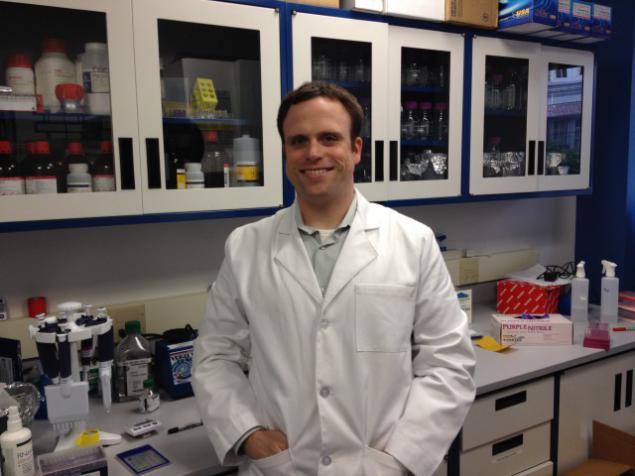
So we asked them to Mason and Dr. Martin Blaser, an epidemiologist at New York University, told us a lot if we prevent the disease using the most common methods of protection against microbes.
Wear perchatkiEto true that when you take the rail in the subway or the door handle with a gloved hand, microbes pass on your glove, not the skin. It really can temporarily isolate you from living bacteria that prefer to grow on human skin or a metal and a lot worse in the developing tissue. "The gloves have some protective function, as they are placed on the surface of a living organism, where it can not survive," - says Mason.
However, if you touch the outside of the glove fingers or mouth, the germs immediately move there. Anyway, any bacteria on your gloves will die the next day or as soon as you wash them.
Hold your breath after someone sneezes or kashlyanet "If someone coughed, probably too late - says Blazer - particles move very fast." If the microbes were in the air, holding the breath will bring little benefit. It can reduce the effects of pathogens, floating right in front of your face, but that does not necessarily inhaling the virus get sick. The particles can settle in the nose or on your eyes and lips.
"I can confirm that one of the ways, almost guaranteeing that you do not catch the flu - it does not breathe - says Mason. - But if you do not breathe, you will eventually die ... Cons outweigh pros definitely ».
Wearing surgical maskuMaska will reduce the flow of bacteria through the nose and mouth, but not much. Surgical masks leaking, so they do not hold up 100 percent of germs. However, if they are already sick people, they will help keep healthy, warning them to keep their distance.
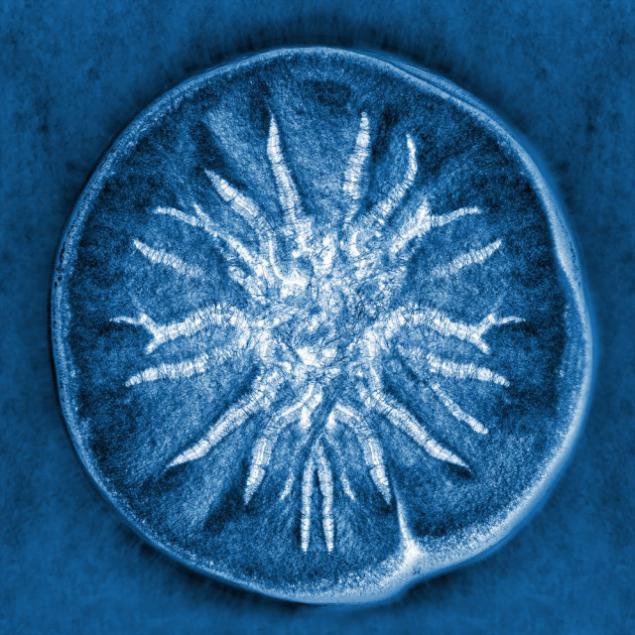
Take all the paper towels or napkins salfetkamiIspolzovanie when opening doors reduce your physical contact with germs on its surface, just like wearing gloves. But if you just crumpled up the paper and put it in his pocket, all your efforts will be useless (not to mention the extravagance), because in the end you come in contact with that to which the paper was applied. And sometimes the paper is even more absorbent than your own skin.
Touch the surface of the wrist or the back of his hand instead ladoniKasanie railing - a "handshake as the 10 000 people," - says Mason. But not always the skin surface bacteria passes equally well. Scientists have shown that punched more hygienic (ie it transmits less bacteria) than a handshake - presumably because it involved a smaller surface area of the skin.
However, this does not mean that you have to start banging their fists on the rail subway, instead of keeping normal. In any case, the risk of infection will be negligible.
Hovering above the seat unitazaEto actually allow you to avoid physical contact with germs on the toilet seat. But whatever you do, the contents of the bowl smashed a fine spray as soon as you wash away. "In the air contains tiny droplets of all that was in the toilet - said Mason, - and some of them, in any case will settle on you».
Lowering the lid when you get down the water can help a bit. But the chance to catch some disease from a toilet seat "infinitely small". Do you have a lot more likely to get sick from inhaling the fecal bacteria.
Pressing the flush handle on the toilet nogoyEtot reception simply keep germs on the soles of shoes and give them not get on your hands. You'll still have to deal with tiny drops of the contents of the bowl, when you lower the water, but as soon as you return home, take off shoes, these microbes will be on your floor. It is normal to push the handle flush hand before you wash your hands. After all, in any case, you have to wash them.
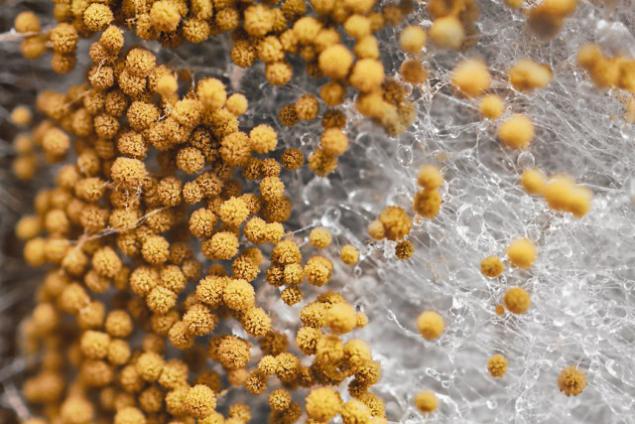
The use of liquid disinfectants rukSpirtosoderzhaschie sanitizers approximately equally effective against microbes, as soap and water, but, unlike antibacterial soaps, do not allow to multiply antibiotic resistant superbugs.
In general, you should not worry about using an antiseptic immediately after exposure to disease-causing bacteria. As long as you do not touch your eyes, mouth or any other mucosal surfaces, you will have enough time to wash away the germs - anywhere from five minutes to five hours.
On the other hand, excessive removal of bacterial soap or hand sanitizer can interfere with your body's natural ability to fight infection. "Remember that your skin has the bacteria, and they do not want to divide the territory to outsiders microbes - said Blazer. - Get rid of the natural bacterial protection, you actually become more vulnerable to disease ».
Mason said that, rather than trying to kill all the bacteria, we should focus on "the enrichment of our skin and our buildings and towns, the beneficial bacteria." This refers to the installation of probiotic surfaces and design of ventilation systems with memory microbial filter. Research in the field of biology and developing architectural environment can have a major impact on the design of buildings in the future.
What really rabotaetSut that do not need to live in fear. According Blazer, contact with the surfaces does not lead to disease. There is no evidence that the handrails on the subway and a toilet seat - hawkers serious diseases. There is no evidence that people who use public transport, are more prone to diseases than those who ride in his car. And there is no evidence that health workers get sick more often than others - even though they are constantly in contact with life-threatening pathogens.
However, in the cold and flu season really increases the risk; this is when you need to be extra vigilant. Antiseptics are particularly useful when a large number of people coughing and sneezing, and a high concentration of microbes in the air.
There are some simple things you can do to prevent the disease:

Within 18 months geneticist Christopher Mason and his team at Weill Cornell Medical College collected samples with handrails, terminals and turnstiles seats around the New York City subway to show invisible ecosystem comprising more than 15 000 different species of microbes. Disgusting, right?
Fortunately, the study also showed that an overwhelming number of bacteria found in the subway, safe or even beneficial to humans. These "good" bacteria can come from food, eliminate toxins from the environment, or to displace pathogens that fall on different surfaces. "This means that a large variety of bacterial, perhaps even beneficial", - says Mason.

So we asked them to Mason and Dr. Martin Blaser, an epidemiologist at New York University, told us a lot if we prevent the disease using the most common methods of protection against microbes.
Wear perchatkiEto true that when you take the rail in the subway or the door handle with a gloved hand, microbes pass on your glove, not the skin. It really can temporarily isolate you from living bacteria that prefer to grow on human skin or a metal and a lot worse in the developing tissue. "The gloves have some protective function, as they are placed on the surface of a living organism, where it can not survive," - says Mason.
However, if you touch the outside of the glove fingers or mouth, the germs immediately move there. Anyway, any bacteria on your gloves will die the next day or as soon as you wash them.
Hold your breath after someone sneezes or kashlyanet "If someone coughed, probably too late - says Blazer - particles move very fast." If the microbes were in the air, holding the breath will bring little benefit. It can reduce the effects of pathogens, floating right in front of your face, but that does not necessarily inhaling the virus get sick. The particles can settle in the nose or on your eyes and lips.
"I can confirm that one of the ways, almost guaranteeing that you do not catch the flu - it does not breathe - says Mason. - But if you do not breathe, you will eventually die ... Cons outweigh pros definitely ».
Wearing surgical maskuMaska will reduce the flow of bacteria through the nose and mouth, but not much. Surgical masks leaking, so they do not hold up 100 percent of germs. However, if they are already sick people, they will help keep healthy, warning them to keep their distance.

Take all the paper towels or napkins salfetkamiIspolzovanie when opening doors reduce your physical contact with germs on its surface, just like wearing gloves. But if you just crumpled up the paper and put it in his pocket, all your efforts will be useless (not to mention the extravagance), because in the end you come in contact with that to which the paper was applied. And sometimes the paper is even more absorbent than your own skin.
Touch the surface of the wrist or the back of his hand instead ladoniKasanie railing - a "handshake as the 10 000 people," - says Mason. But not always the skin surface bacteria passes equally well. Scientists have shown that punched more hygienic (ie it transmits less bacteria) than a handshake - presumably because it involved a smaller surface area of the skin.
However, this does not mean that you have to start banging their fists on the rail subway, instead of keeping normal. In any case, the risk of infection will be negligible.
Hovering above the seat unitazaEto actually allow you to avoid physical contact with germs on the toilet seat. But whatever you do, the contents of the bowl smashed a fine spray as soon as you wash away. "In the air contains tiny droplets of all that was in the toilet - said Mason, - and some of them, in any case will settle on you».
Lowering the lid when you get down the water can help a bit. But the chance to catch some disease from a toilet seat "infinitely small". Do you have a lot more likely to get sick from inhaling the fecal bacteria.
Pressing the flush handle on the toilet nogoyEtot reception simply keep germs on the soles of shoes and give them not get on your hands. You'll still have to deal with tiny drops of the contents of the bowl, when you lower the water, but as soon as you return home, take off shoes, these microbes will be on your floor. It is normal to push the handle flush hand before you wash your hands. After all, in any case, you have to wash them.

The use of liquid disinfectants rukSpirtosoderzhaschie sanitizers approximately equally effective against microbes, as soap and water, but, unlike antibacterial soaps, do not allow to multiply antibiotic resistant superbugs.
In general, you should not worry about using an antiseptic immediately after exposure to disease-causing bacteria. As long as you do not touch your eyes, mouth or any other mucosal surfaces, you will have enough time to wash away the germs - anywhere from five minutes to five hours.
On the other hand, excessive removal of bacterial soap or hand sanitizer can interfere with your body's natural ability to fight infection. "Remember that your skin has the bacteria, and they do not want to divide the territory to outsiders microbes - said Blazer. - Get rid of the natural bacterial protection, you actually become more vulnerable to disease ».
Mason said that, rather than trying to kill all the bacteria, we should focus on "the enrichment of our skin and our buildings and towns, the beneficial bacteria." This refers to the installation of probiotic surfaces and design of ventilation systems with memory microbial filter. Research in the field of biology and developing architectural environment can have a major impact on the design of buildings in the future.
What really rabotaetSut that do not need to live in fear. According Blazer, contact with the surfaces does not lead to disease. There is no evidence that the handrails on the subway and a toilet seat - hawkers serious diseases. There is no evidence that people who use public transport, are more prone to diseases than those who ride in his car. And there is no evidence that health workers get sick more often than others - even though they are constantly in contact with life-threatening pathogens.
However, in the cold and flu season really increases the risk; this is when you need to be extra vigilant. Antiseptics are particularly useful when a large number of people coughing and sneezing, and a high concentration of microbes in the air.
There are some simple things you can do to prevent the disease:
- to wash your hands before eating and after using the toilet;
- Avoid sick people;
- Do not smoke, it lowers immunity;
- is not biting his nails and do not touch the person - the main site of penetration of microbes;
- and, most importantly - stick to a healthy lifestyle: eat right, exercise, sleep more.
via www.citylab.com/navigator/2015/03/pretty-much-all-of-your-weird-germ-avoidance-behaviors-are-pointless/386015/?fb_ref=Default
Tags
See also
20 dirty tricks by which daffodils, sociopaths and psychopaths manipulate us
15 best foods to boost Your metabolism
Extra people — time to say goodbye!
American medicine eyes Russian
Most exciting facts and useful tips on the topic of flirting
Louise Hay: Do not look for a reason to be unhappy
Do not make children the meaning of all your life
Ekaterina Burmistrova: How to teach and how to teach independence
Visual memory: effective exercises to train



